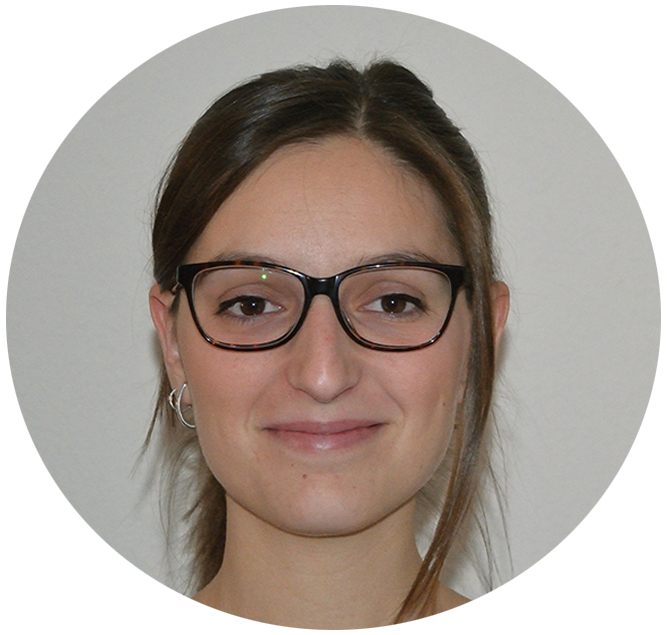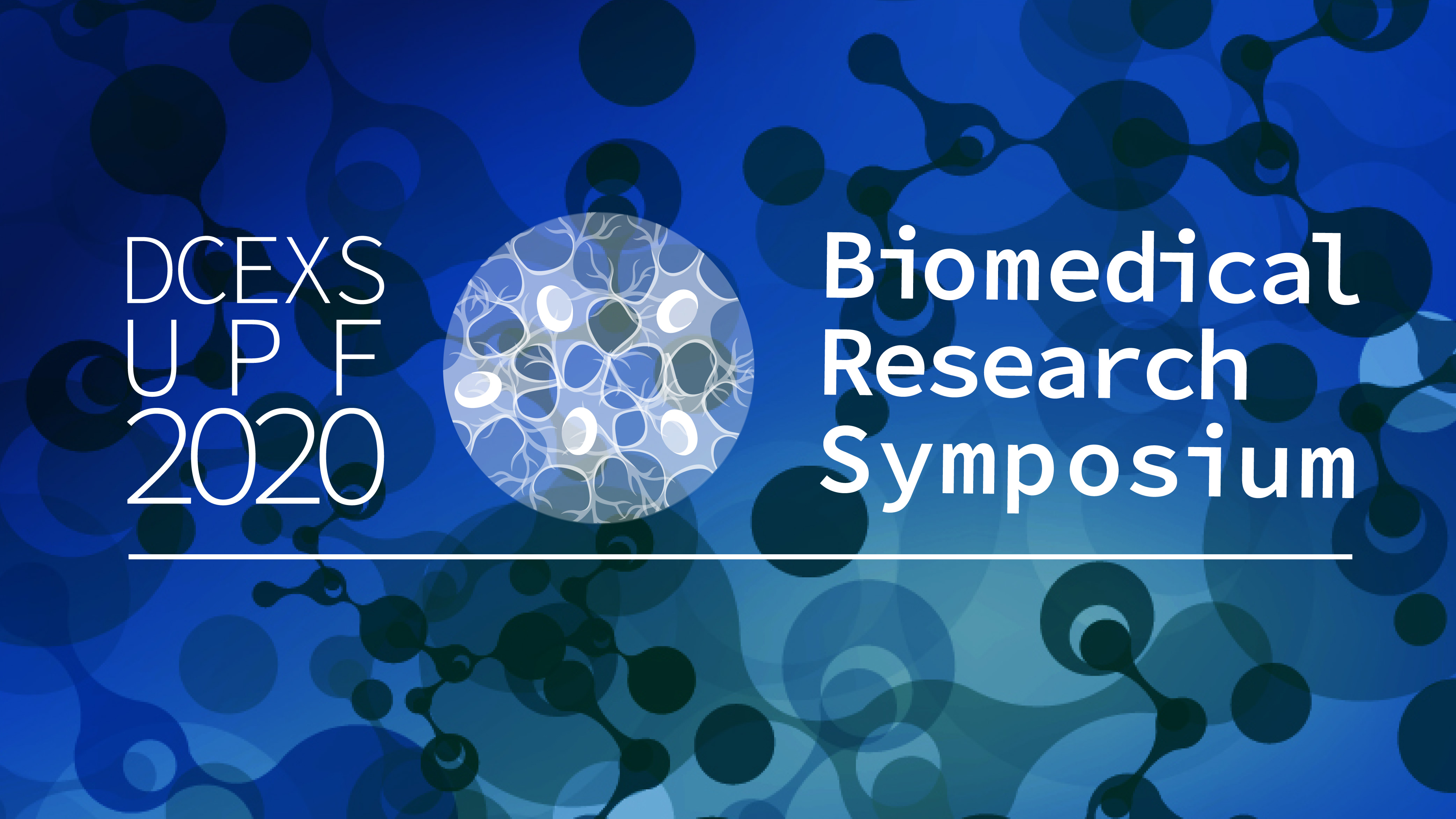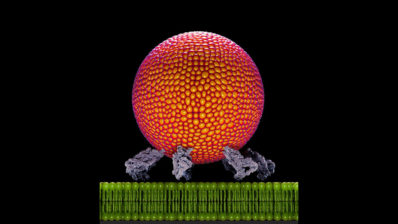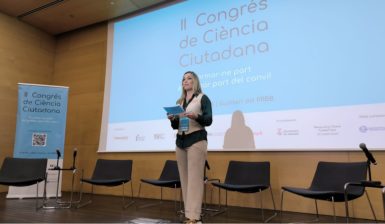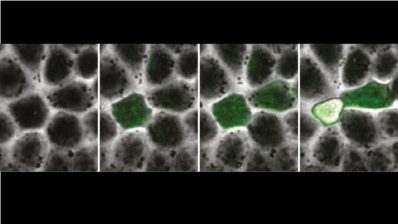There are just a few days left for the 2020 DCEXS-UPF Biomedical Research Symposium, which will take place online on Tuesday, October 20th. The symposium is open to everyone, but it is necessary to register to receive the links to the talks.
The symposium, organized every year since 2012 by the Department of Experimental and Health Sciences, Pompeu Fabra University (DCEXS-UPF), will cover, through talks by ten national and international speakers, various topics within the field of biomedicine, from cell biology or molecular neuroscience to evolution or health disparities.
Ten talks and a great diversity of topics
The talk by Xavier Trepat (IBEC) will discuss how biology and tissue mechanics work together to generate and maintain the shape and function of the intestinal organoids. Jody Rosenblatt (King’s College London) will focus her presentation on how the study of cell death mechanisms reveals new etiologies of diseases, specifically in asthma.
The next speaker, Oscar Marín, also from King’s College, will discuss the role of neuronal interactions in the regulation of the GABAergic interneurons’ survival during postnatal development.
Snezhana Oliferenko (The Francis Crick Institute, London) will explain how, using different species of yeast, they investigate the processes of cell division. In the same area of cell biology, Veronica Grieneisen (Cardiff University) will focus on cell and tissue polarity in plants and animals.
The speakers from the DCEXS-UPF will be, on the one hand, Tomàs Marquès-Bonet, who will speak about genetic diversity and the evolutionary history of great apes. On the other hand, Lorenzo Pasquali, the most recent group leader to join the DCEXS, will explain the mechanisms that cause an inflammatory response that leads to the appearance of type 1 diabetes.
Next, Susan Holmes (Stanford University) will talk about the challenge of integrating large amounts of molecular data from microorganisms. On the other hand, Elena Rivas (Harvard University) will focus her presentation on the RNA’s sequence and structure evolutionary conservation. To close the day, Greg Gibson (Georgia Institute of Technology) will explore the cultural and genetic elements of the evolution of health disparities.
The program, organized this year by a committee with representatives of all the groups in the Department, will also include a poster session for doctoral students. The event will take place on Twitter and you can follow it with the hashtag #DCEXSsymposium.
